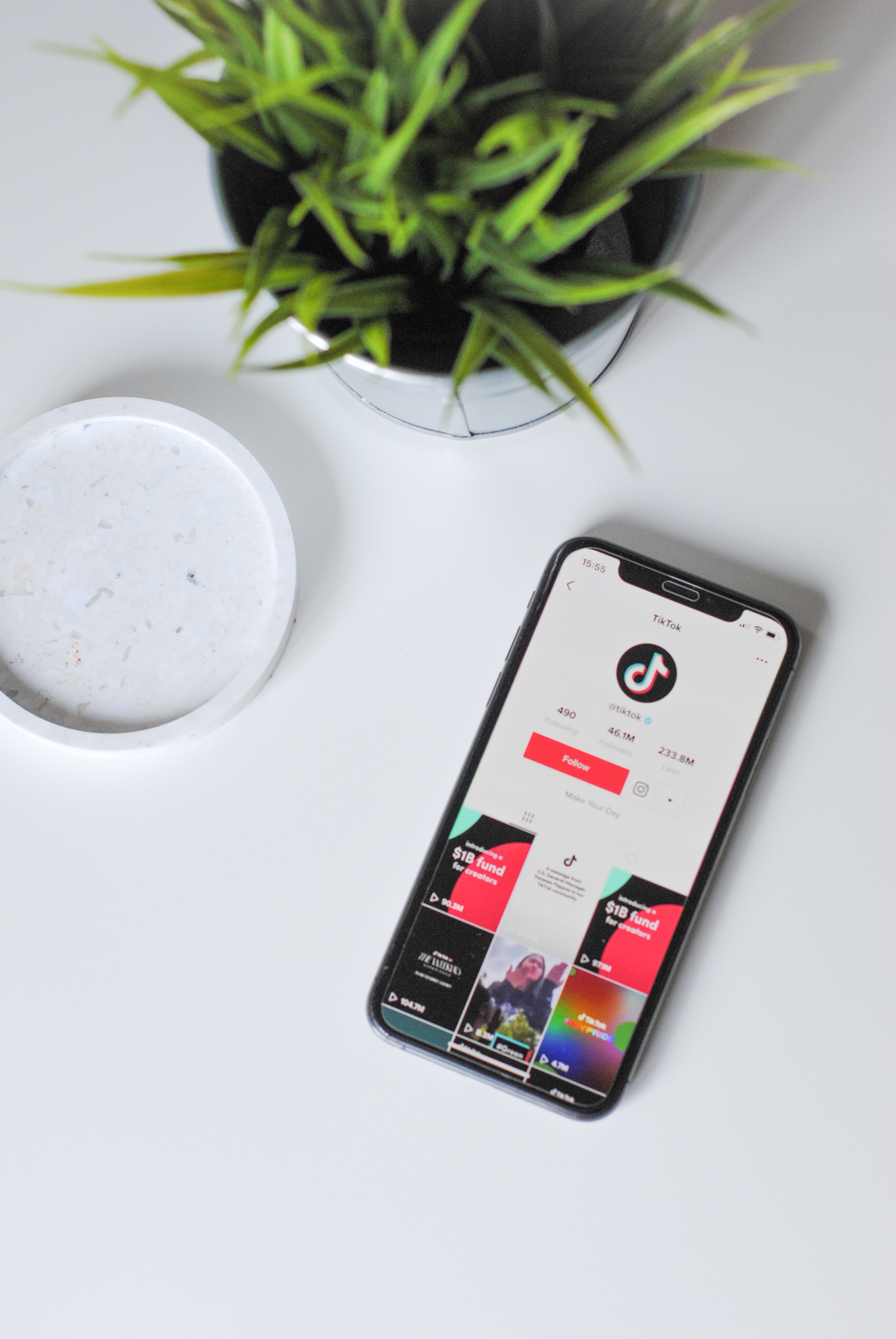Healthcare professionals, it's time to take TikTok seriously.
Medical Pharmaceutical Translations • Apr 18, 2022 12:00:00 AM

Created in 2016, TikTok rose to fame as a platform for users (mostly kids and teens) to share videos of themselves dancing to popular songs. But soon, people found other uses for it - including medical professionals.
Today, TikTok has over 1 billion monthly users. But while this might imply that the general public is familiar with the platform, in most of mainstream pop culture it remains the butt of dance routine jokes.
In reality, TikTok features anything from, well, one of those choreographed dance routines, to gags and jokes, to serious information and advice from professionals, experts, and advocates in a wide range of subjects and fields, including healthcare and medicine.
Marketing analysts are impressed by the rise and current dominance of TikTok in the social media world.
For instance, the site is already one of the top four most impactful social media platforms, sharing the spotlight with long-established juggernauts Instagram, Facebook, and YouTube.
This isn’t just a good fact to know for someone who wants to make a viral dance video. A recent survey reveals that a little over half of adults (including 90% of Gen Zers) in the US say they tend to seek health advice on internet search engines, websites, and social media platforms.
One of the reasons for this, respondents noted, is that it’s faster to find information online than by making and waiting for an appointment with a doctor. And with its short videos (only up to 10 minutes, with most that are posted clocking in at a much shorter runtime), TikTok is an excellent source of quick information.
That information can be presented as a series of videos on different health topics, or even one-offs - for instance, numerous doctors and health professionals have posted a video on how to do a self-exam for breast cancer.
But there’s something else medical professionals using TikTok can offer (and often do): a feeling of personal connection.
Countless social media marketing articles and blogs talk about how Gen Z, TikTok’s primary user base, appreciates honesty and humor, which means that, in addition to information, some healthcare professionals and advocates share videos showing things like a typical day at their clinic or honest glimpses of what it’s like to live with a particular medical condition.
One of the most popular health-related subjects on TikTok is mental health. Videos with this hashtag have gained a collective 20 billion views. For psychologist Dr. John Piacentini, this success may be due in part to how lockdowns and distance learning have impacted young people’s lives and mental health. With experts and advocates (and amateurs) sharing their knowledge and experience, TikTok gives users struggling with mental health issues a sense of community. Piacentini even goes so far as to call it “a coping strategy.”
Despite its clout and its opportunities for sharing information and support, medical TikTok isn’t without its critics.
A number of researchers and medical professionals have raised concerns about things like:
- accuracy. Anyone is able to post a video talking about a medical issue. TikTok does have a fact-checking system, but this seems to be primarily concerned with Covid- and vaccine -related information.
- a lack of studies. Several watchdog groups and medical experts worry that we don’t know enough about the impact of TikTok, including when it comes to health information. Because the site became so successful so quickly -- and, for many, unexpectedly -- little research has been done on how it affects users. Many experts are calling for major studies of these issues.
- incomplete information. Likely echoing many of her colleagues’ concerns, anesthesiologist Dr. Ifey Ifeanyi was quoted in this interesting article: ”if you’re trying to distill one problem into, like, a little TikTok video of 30 seconds or a minute, that’s irresponsible to me.”
That said, many medical TikTok participants point out that videos can be longer, or that they can be presented as short bits of information, inviting users to check out other videos or get more information from other sources.
- exaggerating symptoms. Some healthcare professionals and researchers are concerned that negative or exaggerated portrayals of symptoms could cause imitative behavior in viewers.
That said, no social media platform, or website, or any way to transmit information, for that matter, is without its critics and downsides. But in the case of TikTok, the good seems to outweigh the bad. The site’s reach, especially among younger generations who may just be learning about health conditions they’ve developed, or who may live in communities where discussing certain issues is taboo, is invaluable.
For instance, Evan Lieberman, who goes by “Evan the Counselor” on TikTok, where he has over 1 million followers, agrees that there could be misinformation on the site, but says that the fact that the platform has been able to educate people and get them talking about mental health on a large scale outweighs this downside.
It may not be perfect, but TikTok has been helping millions of users when it comes to physical and mental health. If you’re a healthcare professional who’s reading this, you may be wondering whether it’s worth getting on board. Most social media marketing experts would give that idea a "like".
Whatever you decide, one thing is for sure: TikTok is about more than choreography.
Contact Our Writer – Alysa Salzberg
